Journal of Judicial Studies N°5
FREEDOM OF EXPRESSION AND JUDICIAL INDEPENDENCE
Pablo Marshall
Universidad Austral de Chile
Abstract
This paper seeks to follow up on the case of the judge who was sanctioned by the Supreme Court for opinions expressed in an academic work on the performance of the Court during the military dictatorship. Thirteen years after what happened, the Inter-American Commission on Human Rights has reported that the solution reached by the Supreme Court is against the human rights of the judge in question, particularly against their freedom of expression, and orders, consequently, several measures: to cancel the sanction, to repair its consequences by means of compensatory measures and the modification of the norms that allow to attack the right to the freedom of expression of the judges in our country. The subsequent reaction of the Supreme Court to this news is quite encouraging. It is suggested that this reaction may constitute a clarification of the regime of restrictions on freedom of expression that judges should have and the importance that an adequate guarantee that this right has for the necessary judicial independence. To this end, the normative framework consisting of jurisprudential decisions of European and American human rights courts is reviewed.
KEYWORDS:
Judicial independence, freedom of expression, judicial discipline, human rights of judges.
HOW TO CITE
Sepúlveda Parada, Valeria Antonia (2024). “Aplicación de la Ley N°21.430 de Garantías y Protección Integral de los Derechos de la Niñez y Adolescencia: estudio de la jurisprudencia emitida por los Tribunales Superiores de Justicia”, Revista de Estudios Judiciales (8), pp. 163-201.
DATES
Fecha de recepción: 12/03/2024
Fecha de aceptación: 15/05/2024
Fecha de publicación: 30/08/2024
Bibliography
ARAGÓN, Manuel (1996): “Independencia judicial y libertad de expresión”, en Derecho privado y Constitución, vol. 10.
CARRILLO, Marc (2015): “La libertad de expresión de los jueces”, en El cronista del Estado social y democrático de derecho, vol. 53.
CLIMENT GALLART, J. A. (2018): “La jurisprudencia del TEDH sobre la libertad de expresión de los jueces”, en Iuris Tantum Revista Boliviana de Derecho, vol. 25.
DIJKSTRA, S. (2017): “The Freedom of the Judge to Express his Personal Opinions and Convictions under the ECHR, en Utrecht Law Review, vol. 13.
HILBINK, Lisa (2014): Jueces y política en democracia y dictadura (Buenos Aires, Flacso). Traducción de la edición original en inglés de 2007.
VENICE COMISSION (2015): Report: on the freedom of expression of judges. Opinión 806/2015. Disponible online: <https://www.venice.coe.int/webforms/documents/?pdf=CDL-AD(2015)018-e>.
JURISPRUDENCIA CITADA
Albayrak v. Turquía (1997), TEDH 31 de enero de 2008, 38406/97.
Baka v. Hungría (2014), TEDH 23 de junio de 2016, 20261/12.
CIDH, Informe Nº 21/18, Caso 12.955. Fondo. Daniel Urrutia Lambreaux. Chile. 24 febrero 2018.
CIDH, Informe Nº 51/14, Petición 1389-05. Admisibilidad. Daniel Urrutia Lambreaux. Chile. 21 julio 2014.
Di Giovanni vs. Italia (2013), TEDH 9 de julio de 2013, 51160/06.
Kudeshkina vs. Rusia (2009), TEDH 26 de febrero de 2009, 29492/05.
López Lone y otros vs. Honduras (2015), Corte IDH 5 de octubre de 2015, 302/86.
Wille vs. Liechtenstein (1999), TEDH 28 de octubre de 1999, 28396/95.
Buscemi vs. Italia (1999), TEDH 16 de septiembre de 1999, 29569/95.
Lavents vs. Letonia (2002), TEDH 28 de noviembre de 2002, 58442/00.
Olujic vs. Croacia (2009), TEDH 5 de febrero de 2009, 22330/05.

